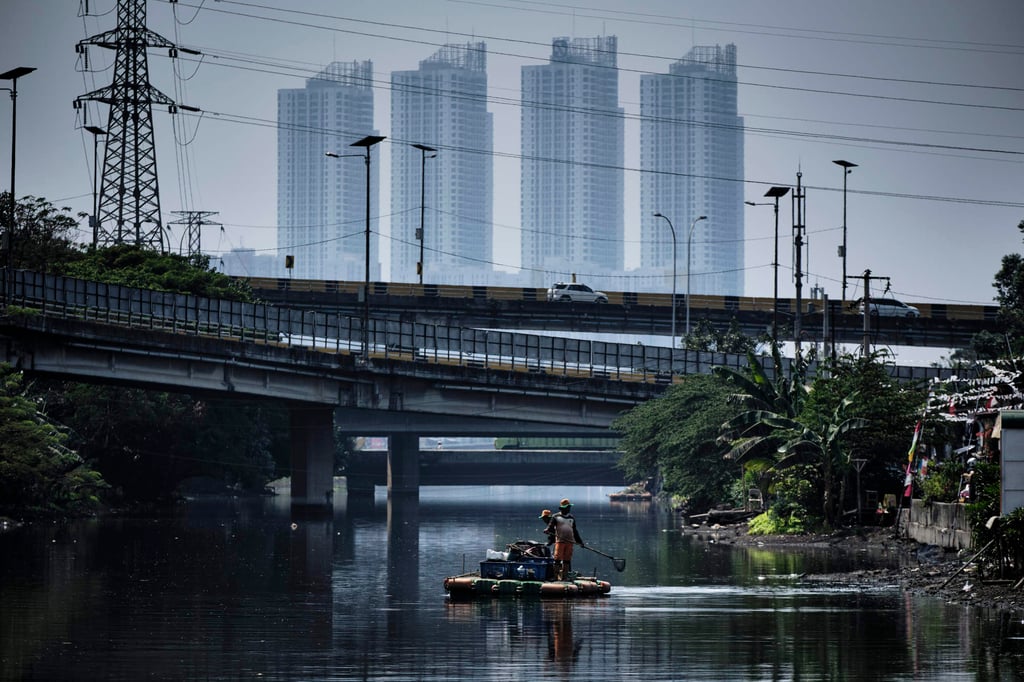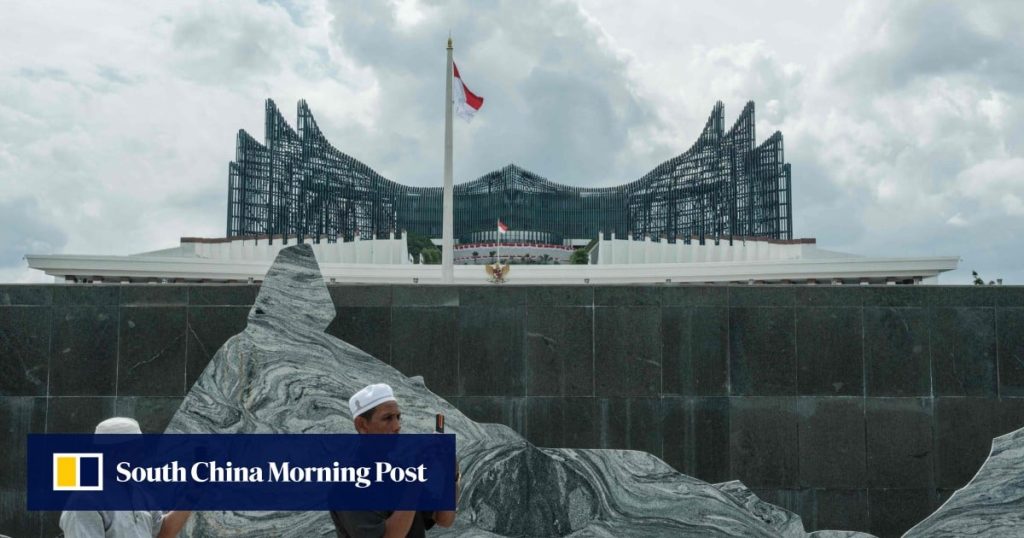Under a presidential regulation Prabowo signed in late June, but made public only in September, Nusantara has been reclassified as Indonesia’s “political capital” – a phrase absent from existing legislation.
The regulation, which outlines development targets over the coming years, commits to “support the realisation of Nusantara as the political capital in 2028”.
Is ‘political capital’ the same as the national capital?
According to Basuki Hadimuljono, head of the Nusantara Capital City Authority, the move is intended as reassurance.
“This regulation is expected to provide certainty for the public, business actors and investors so that they do not doubt the continuation and completion of the development of the new capital, which is currently still under way,” he said in a statement on September 26.
But for many Indonesian legal scholars and politicians, the new designation has only deepened the uncertainty. Is Nusantara’s future being protected, diluted or simply repackaged for political convenience?



